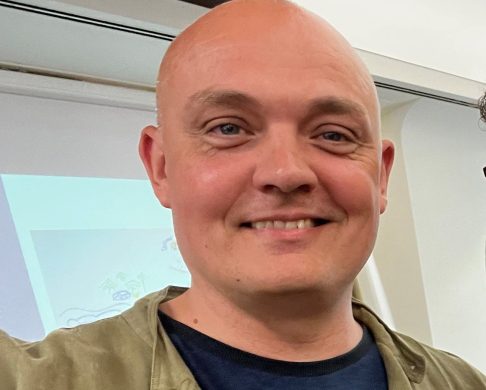Zambias anti-corruption task force has come under attack following the flight of two co-accused in the graft trial involving former president Frederick Chiluba. Chiluba has been charged with the theft of the equivalent of tens of millions of US dollars during his 10 years in office.
The Task Force on Corruption was set up two years ago by Chilubas successor, Levy Mwanawasa, to investigate the allegations against the former president. The task force comprises officers from the Drug Enforcement Commission, the states intelligence service, the police, the Anti-Corruption Commission and state prosecutors.
Although Chiluba is named as the principal perpetrator, his former intelligence chief, Xavier Chungu, and several former ministers and senior officials are also accused of 168 counts of theft amounting to more than 40 million US dollar.
Chungu, who was acquitted in March, fled the country towards the end of last month. Another accused, former ambassador Attan Shansonga, has also made his way out of the country to the United Kingdom. The disappearances of Chungu and Shansonga were a major setback to the case against Chiluba, say analysts.
At a public forum organised last weekend by the NGO, Women for Change, and the privately owned Post newspaper, opposition parties and Zambian NGOs lashed out at the government for the task forces “failure” to prevent Chungu from fleeing the country.
Dean Mungomba, party leader of the Zambia Alliance for Progress, said the country lacked the institutional capacity to fight corruption, while Women for Changes executive director, Emily Sikazwe, said it was every Zambians right to demand accountability and transparency from the countrys leaders.
A new pressure group, the Citizens Forum, also backed calls to disband the task force because “suspected economic plunderers were slowly becoming heroes and heroines”.
Mwanawasa announced last week that Chungu would be extradited, while Shansonga is to be tried by the British government for alleged money laundering.
A Chiluba aide, Emmanuel Mwamba, told IRIN that the government had been quick to allege corruption but slow to prove it. “It has been two years and a big unbudgeted for expenditure on the task force on corruption, and no proof of the alleged stolen millions of dollars. It is a lot of hot air.”
The government has managed to convict Chilubas former press aide, Richard Sakala, who was sentenced to five years for corruption. He is the first high-profile person to be convicted since the crusade was launched.
Although Sakalas conviction may have come as a relief to the Mwanawasa administration, the number of acquittals of persons believed to have been the beneficiaries of plunder has diluted the fight against corruption.
Among the prominent acquittals were those of Katele Kalumba, former foreign affairs minister, Michael Sata, the former minister without portfolio, as well as Chungu.
The presidents crusade still has its supporters. Among them is Tiyaonse Kabwe, a member of the United National Independence Party member, which is in alliance with the ruling Movement for Multiparty Democracy.
– It has set a precedent for any would-be retiring head of state that there is a possibility of being tried for offences committed while in office, said Kabwe.
Crispin Matenga, a university of Zambia lecturer and former senior investigations officer in the Anti-Corruption Commission, described Chilubas prosecution as a step in the right direction, which demonstrated that political leaders were not above the law.
Mwanawasa has said the task force will continue operating, despite growing calls from critics that government should disband it.
Kilde: FN-bureauet IRINnews















